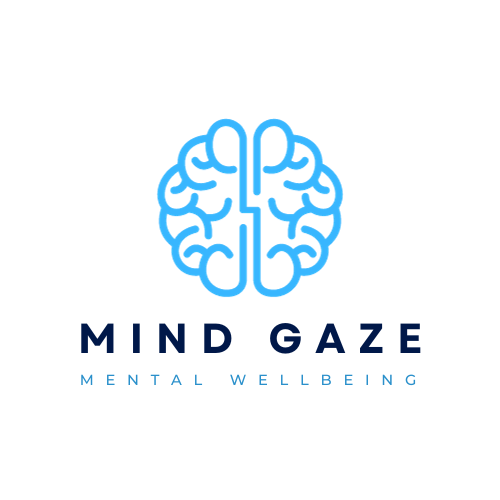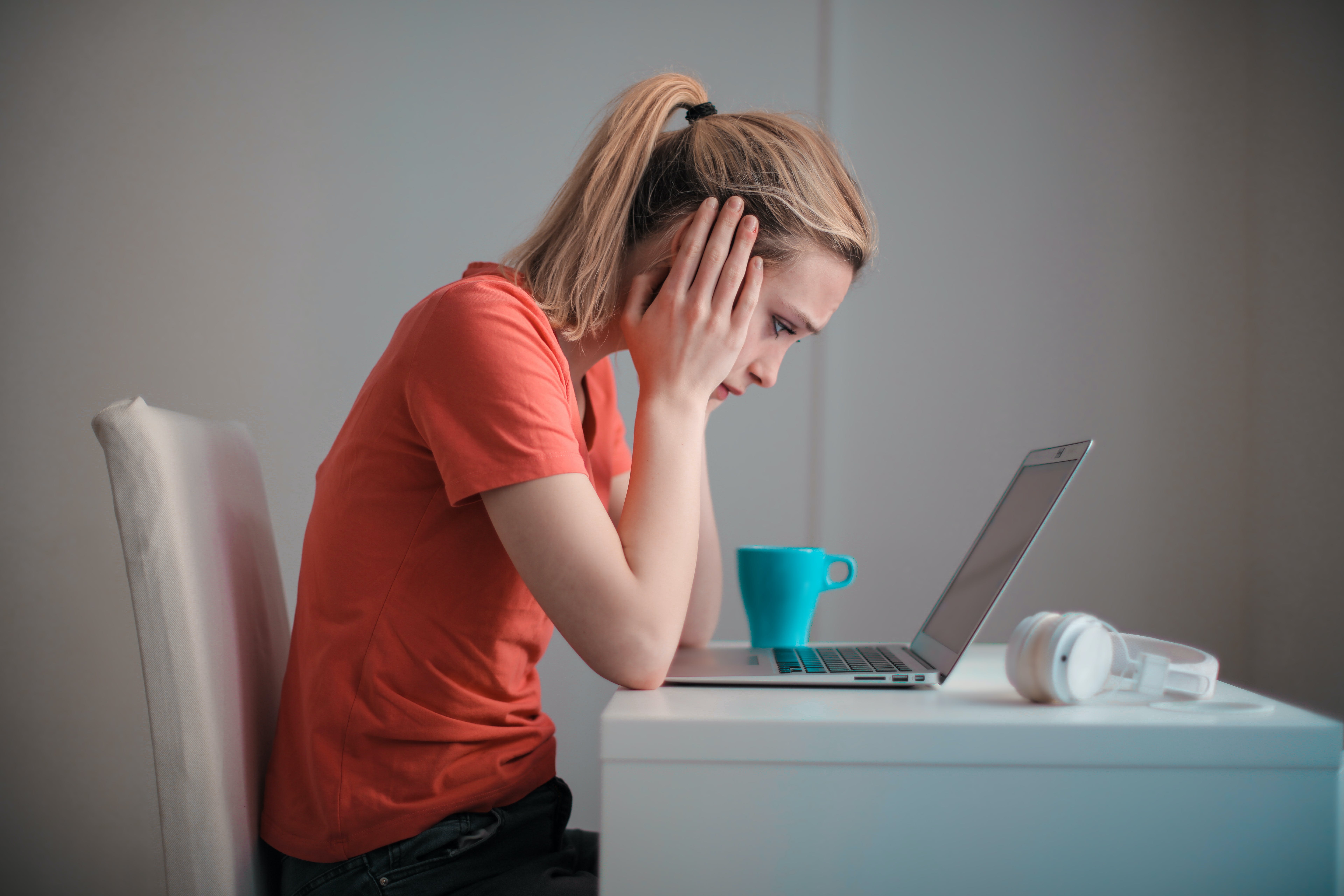Navigating the Maze of Anxiety: Proven Strategies for Relief and Calm
Anxiety, a common emotion that affects millions around the globe, often manifests as a persistent feeling of worry, fear, or unease.
It can disrupt daily life, interfering with work, relationships, and overall well-being. While occasional anxiety is a normal human response to stress, persistent or excessive anxiety can signal an underlying anxiety disorder.
If you’re struggling with anxiety in the, know that you’re not alone. According to the NHS, anxiety disorders are the most common mental illness in the UK, affecting around one in six adults, or 14.9% of the population. And you’re not powerless against anxiety. There are numerous proven strategies and techniques that can help you manage anxiety symptoms, regain control, and live a fulfilling life.
Understanding Anxiety: The Root of the Rollercoaster
Anxiety is a complex emotion that arises from a combination of genetic, biological, and environmental factors. It’s often triggered by stress, but it can also stem from underlying medical conditions, substance abuse, or traumatic experiences.
The body’s natural response to stress, the “fight-or-flight” response, is designed to help us cope with danger. When we perceive a threat, our bodies release stress hormones, such as adrenaline and cortisol, which prepare us to face the danger or flee from it.
However, in individuals with anxiety, this response can become overactive, leading to a constant state of heightened alertness and fear. This can manifest in a variety of physical symptoms, such as:
- Rapid heartbeat
- Increased breathing rate
- Sweating
- Trembling
- Muscle tension
- Digestive problems
In addition to physical symptoms, anxiety can also cause emotional and cognitive symptoms, such as:
- Excessive worry or fear
- Difficulty concentrating
- Restlessness
- Irritability
- Fatigue
- Sleep problems
Proven Strategies for Taming Anxiety: Taking Back Control
While anxiety can be a debilitating condition, it’s important to remember that it’s treatable. There are a number of proven strategies that can help you manage anxiety symptoms and improve your overall well-being.
1. Deep Breathing Exercises: Calming the Storm Within
When anxiety strikes, deep breathing exercises can be a powerful tool for restoring calm. Deep breathing activates the parasympathetic nervous system, which is responsible for our “rest-and-digest” response, counteracting the effects of the stress hormones that fuel anxiety.
Try this simple deep breathing exercise:
- Sit or lie down in a comfortable position.
- Close your eyes and focus on your breath.
- Place one hand on your abdomen and the other hand on your chest.
- Slowly inhale through your nose for a count of four.
- Hold your breath for a count of seven.
- Slowly exhale through your mouth for a count of eight.
- Repeat this process for several minutes.
2. Challenge Negative Thoughts: Rewiring Your Mind in the
Anxiety often thrives on negative thoughts and self-defeating beliefs. These thoughts can fuel our anxiety and make it difficult to cope with challenges.
Cognitive-behavioral therapy (CBT) is a type of therapy that focuses on identifying and challenging negative thoughts. By examining the evidence for and against these thoughts, we can start to replace them with more realistic and helpful ones.
For example, if you’re anxious about giving a presentation, you might have the negative thought, “I’m going to mess up and everyone will think I’m incompetent.” Challenge this thought by asking yourself:
- Is this thought really true?
- What evidence do I have to support this thought?
- What evidence do I have to contradict this thought?
3. Exercise: A Natural Anxiety Reducer
Regular exercise is a powerful stress reliever and anxiety reducer. It releases endorphins, which have mood-boosting effects and improves overall physical health, which can contribute to reduced anxiety.
Aim for at least 30 minutes of moderate-intensity exercise most days of the week. This could include brisk walking, swimming, cycling, or dancing.
4. Adequate Sleep: Recharging for Mental Resilience
When you’re sleep-deprived, you’re more susceptible to stress and anxiety. Aim for 7-8 hours of quality sleep each night to allow your body and mind to rest and recharge.
Establish a regular sleep schedule, create a relaxing bedtime routine, and avoid caffeine and alcohol before bed to promote better sleep.




